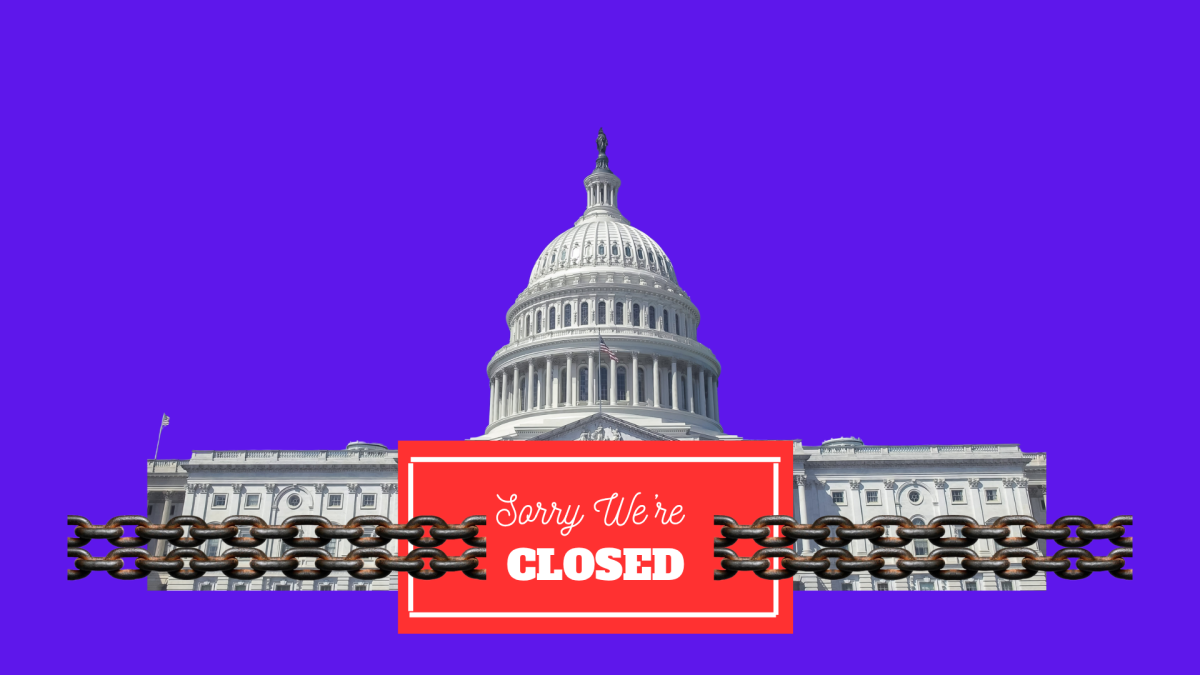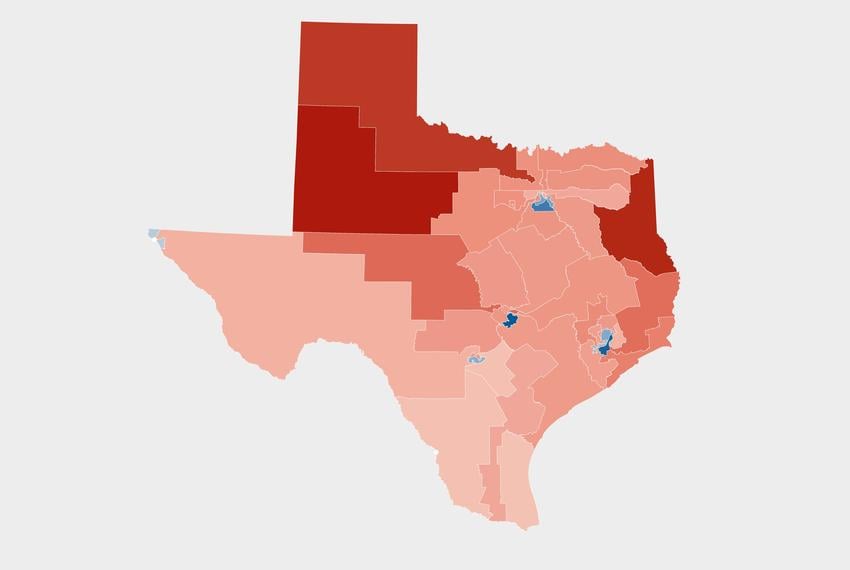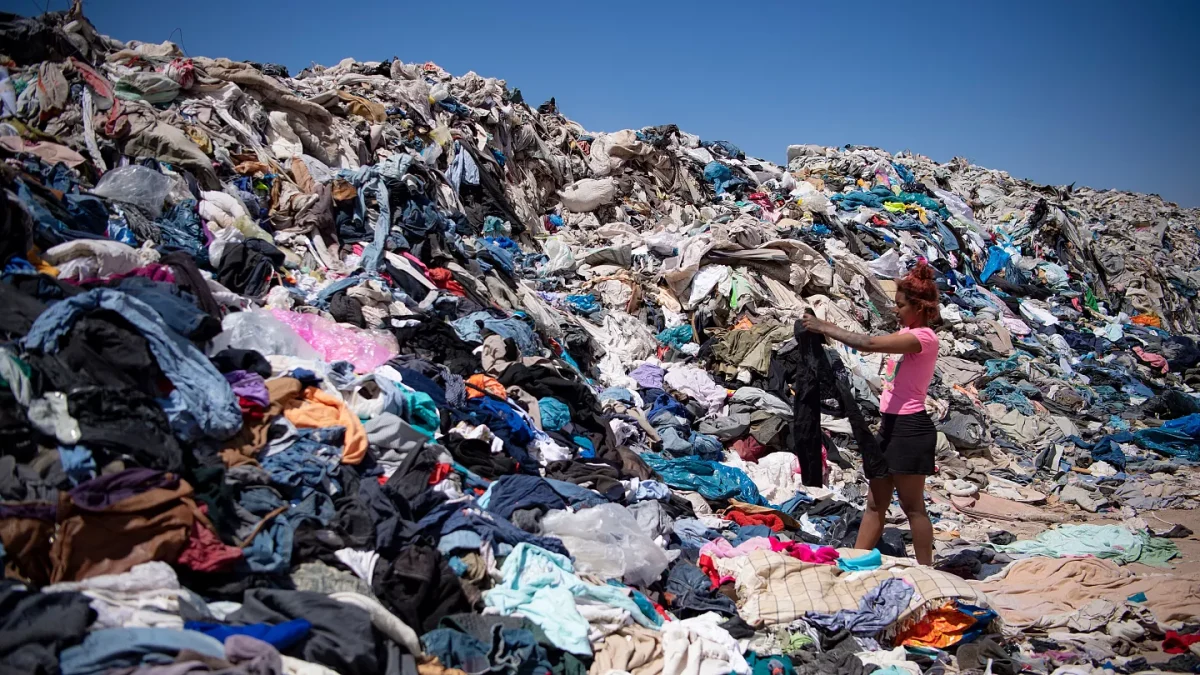The United States is diminishing its credibility as a major trading partner – a significant issue presently, as it is more important than ever for us to achieve global unity in light of the climate crisis. In addition, the US withdrawing from major climate initiatives like the Paris Climate Agreement helps China, the world’s largest greenhouse gas emitter, who remains with major leverage in climate conversations.
The Paris Agreement is an international climate agreement adopted by almost every country in 2015 during the U.N. Climate Change Conference in Paris, which addresses climate change and its potential impacts.
Trump withdrew from the Paris Climate Agreement during his first term, making the U.S. the only country in the world to ever leave the initiative. Trump announced the withdrawal in 2017, filed in 2019 and finalized it in 2020, one day after the election which resulted in his loss to former President Joe Biden.
China took advantage of the initial withdrawal from the climate agreement, making the argument that the U.S. was an unreliable partner. Although former President Biden reinstated the climate agreement, a step in the right direction, the damage had been done with progress in lower-developing countries coming to a halt. However, this time around the U.S. will find themselves trying to play catch up – with it being years before rejoining the agreement is an option.
The Trump administration also indicated that they would be open to abandoning the U.N. Framework Convention on Climate Change (UNFCCC) entirely. The domino effect of this action would contribute to the removal of the U.S. completely in climate negotiations and would hinder overall progress in terms of holding major emitters i.e. China accountable, putting Americans at risk during future climate disasters.
We have already seen the effects of climate change recently with intense hurricanes on the East Coast, destructive floods across the world and costly disasters such as the recent wildfires in Los Angeles and deep freezes in Texas – highlighting the widespread effects of global warming. The economic consequences of these natural disasters are inconceivable, upwards of $100 billion per year. However, the cost is nothing compared to displacement of residents and loss of life which is why it is unacceptable for the U.S. to prioritize fossil fuel profit over people.
The withdrawal also contributes to the downturn of the progress set by the Inflation Reduction Act, which created hundreds of thousands of clean energy jobs and has led to investments in clean energy across the globe. As the rest of the world transitions, the United States risks forfeiting its leadership role and completely missing out on the job creation, technological innovation and long-term cost savings that come with building a low-carbon economy.
Rachel Cleetus of the Union of Concerned Scientists (UCS) said that there was “a very somber mood,” regarding the scientific field as it prepares for an administration that “holds a deeply anti-scientific view.” In addition, Cleetus says to prepare for the Trump team to dismantle federal agencies that play important roles in monitoring global temperatures and future climate initiatives including the Environment Protection Agency and the National Oceanic and Atmospheric Administration (NOAA).
A prime example is Trump’s promise to “drill, baby, drill,” a phrase which epitomizes the outdated thinking that keeps our country reliant on fossil fuels. Now more than ever, when the incoming administration has a chance to acknowledge the growing threat of global warming, it seems they are hiding from the consequences.
One of Trump’s major running points during his campaign was his tariff plan, elaborated on in an Oval Office signing ceremony Monday. He said his administration would impose 25% tariffs on Mexico and Canada on Feb. 1 changing trade policy in the region, something that could backfire and raise prices for American consumers. And on universal tariffs, Trump also noted that universal tariffs may be plausible, saying, “We may, but we’re not ready for that just yet.”
As a candidate, some of the policies Trump promoted were tariffs up to 20% on all countries, 25% tax on goods from Mexico and Canada, plus 60% on goods from China. He also proposed the use of tariffs to negotiate with other countries including Denmark – to pressure them into giving the United States control of Greenland, another Trump proposal.
James Dimon, head of JP Morgan Chase says the tariffs will have the opposite effect. “I would put it in perspective: If it’s a little inflationary, but it’s good for national security, so be it. I mean, get over it.” Dimon said in an CNBC interview Wednesday.
Dimon said the threat of tariffs could be used to negotiate favorable trade terms. However, tariffs, combined with Trump’s mass deportation policies present a recipe for disaster – not only because inflation could be driven up – but because they jeopardize important industries like construction and agriculture. The automotive industry is specifically affected as it relies heavily on imported goods, with $123 billion of the $246 billion worth of motor vehicles the U.S. imported last year through November coming from Mexico, Canada and China.
Besides the economy, one of the most important issues to Trump supporters in exit polls was immigration. In the past week, we have seen countries like Mexico and Colombia rejecting military planes carrying migrants before eventually agreeing to the terms due to threats of tariffs from the President.
If Trump thinks he can bully other countries into accepting these terms, he is severely mistaken. Although the U.S. is a major player in global trading, in 2022 the country was operating at a $600 billion trade deficit with just their three major trading partners: Mexico, Canada and China, according to USA Facts.
In a special report, the American Immigration Council estimated the costs of a long-term mass deportation operation aiming to deport one million people per year and assuming that 20 percent of the undocumented population would voluntarily leave during these cycles, the total cost of a larger operation would average out to about $88 billion annually.
The Council also estimates mass deportation could reduce the U.S. GDP from 7% to around 4.2% which would contribute to major tax losses for the government.
Mass deportations would be a negative thing for businesses across the sector, especially affecting important industries including construction, agriculture and hospitality. According to a study done by the Pew Research Center, nearly 14% of workers in the construction industry are undocumented. Removing labor would not only affect those who are undocumented, but U.S. workers across the nation who could lose their jobs due to labor shortages and inflation rising.
With the American dream becoming more unattainable than it ever was, it is important for the current administration to focus their efforts on repairing global relations to prevent the potential trade wars caused by isolationist policies, adapt sustainable policies that contribute to a better future for the country and recognize the essential role immigrants play in strengthening the U.S. economy.















